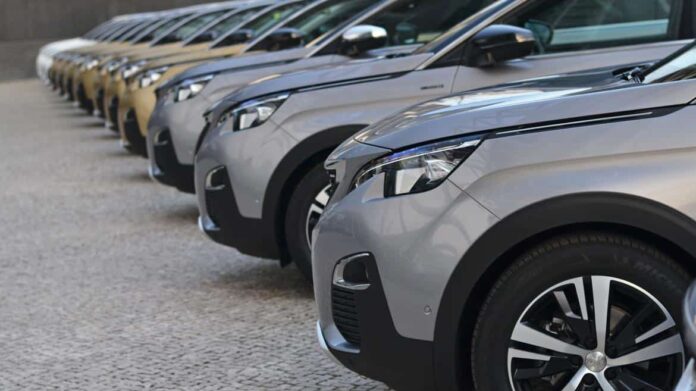To date, a total of 50,842 cases have been processed and grants totaling 151.2 million euros have been awarded. This amount represents 14% of the total budget allocated to the autonomous communities within the framework of the program, significantly surpassing the national average of grant award resolutions, which stands at 62%. In addition, payments have been processed for 25,234 aid requests, amounting to 73.6 million euros.
The current investment responds to the request for an additional 60 million euros, funds that have been requested to cover the waiting list and to anticipate the forecasts of requests that are expected to be received by the end of the year. In this context, the regional minister for Environment, Agriculture and Interior, Carlos Novillo, has stated that “the central government announced the call for a MOVES IV Plan last March, but has not fulfilled that commitment,” and he added that the current program “does not meet the needs and harms users by loading them with more bureaucratic procedures.”
One of the novelties that has been introduced is the simplification of the procedure, establishing a twelve-month deadline for submitting the documentation supporting the acquisition. This modification will be applicable to applications submitted from August 1, 2024. In relation to charging points, the technical documentation required to justify the investment has been simplified.
Carlos Novillo has insisted that the regional government remains committed to the efficient management of resources and promotes the transition toward an energy model that is more respectful of the environment.
In parallel, the procedures for subsidies for self-consumption and for energy efficiency in buildings have been regulated, making them more accessible and with a more efficient allocation of funds. To cover all the applications on the waiting list, an increase of €52 million in funding for aid was requested, of which €12.7 million in additional funds were finally approved, representing a 24.4% increase.
In the residential sector, the procedure in the aid programs has been simplified, adopting a regime of modules for the justification of the investment, with a maximum period of twelve months, and the installation of an advertising sign about the contribution received has been made voluntary.
Regarding the energy rehabilitation of buildings and municipalities affected by the demographic challenge (PREE5000), the amount of aid has been increased by an additional 273,084 euros to cover aid requests on the waiting list. Furthermore, the obligation to display the advertising sign is removed when the beneficiaries are individuals or groups of individuals and the activities are carried out in spaces of a private nature.
With all these measures, the effort is aimed at improving the distribution of resources, making them more accessible and effective, in pursuit of an energy transition that benefits both the environment and the users.



